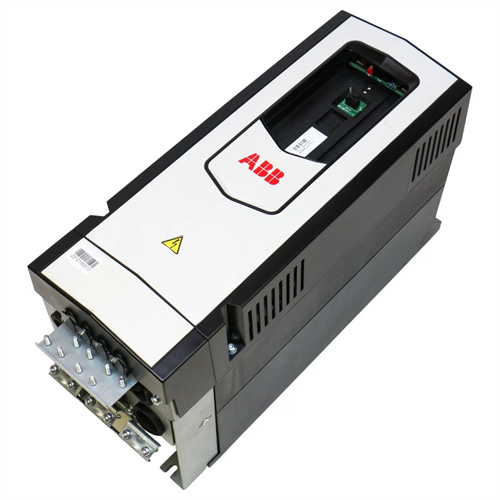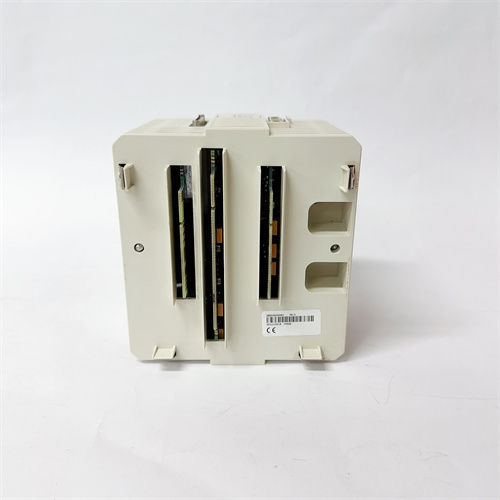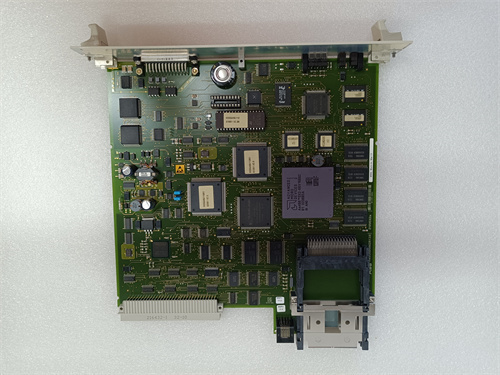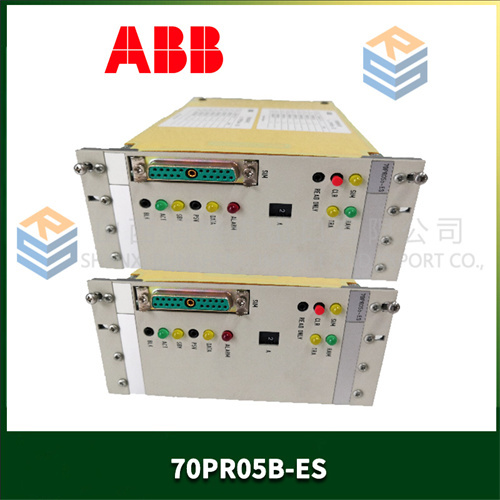Description
ABB ACS880-01-246A-3 is a high-performance variable frequency drive (VFD) designed for a wide range of industrial applications. Here is a breakdown of its parameters, specifications, dimensions, weight, series, features, and functions in English:
Parameters:
Power Rating: The ACS880-01-246A-3 is rated at 132KW, making it suitable for medium to large-scale industrial motor control applications.
Control Modes: It offers multiple control modes, including speed control, torque control, and PID control, providing flexibility in motor control strategies.
Specifications:
Carrier Frequency: The carrier frequency can be adjusted based on the application requirements, affecting the noise and efficiency characteristics.
Operating Frequency: The ACS880 series can operate up to frequencies as high as 400 Hz, allowing for high-speed motor operation.
Dimensions and Weight:
The exact dimensions and weight of the ACS880-01-246A-3 may vary slightly depending on the manufacturer’s specifications. However, it is designed for compactness and ease of installation in industrial environments.
Series:
The ACS880-01-246A-3 belongs to the ACS880 series of variable frequency drives from ABB, a leading manufacturer in industrial automation and drive technology.
Features:
Direct Torque Control (DTC): This technology allows for precise motor control and rapid response to process and load changes, optimizing energy efficiency.
Low Operating Frequency: The drive can handle low motor operating frequencies, ensuring smooth and efficient operation even at low speeds.
Configurable Control Programs: The ACS880 offers custom programming capabilities, allowing users to fine-tune and optimize control programs for specific applications.
Integrated Safety Functions: Features such as Safe Torque Off (STO) and optional safety modules provide enhanced safety features for industrial applications.
Function/Role:
The ABB ACS880-01-246A-3 is designed to control the speed, torque, and position of electric motors. It is widely used in various industrial sectors, including oil and gas, mining, chemicals, water and wastewater treatment, and material handling.
By adjusting the motor speed and torque according to the process requirements, it helps to optimize energy consumption, reduce maintenance costs, and improve overall system performance.











Reviews
There are no reviews yet.